If you have a secret recipe or an article perfect for sharing on our blog section, don't hesitate to let us know at [email protected] -- everyone has something extraordinary to offer and we can't wait to hear yours! Join us as we explore delicious flavors around the globe!
For now, love yourself and enjoy this one ...
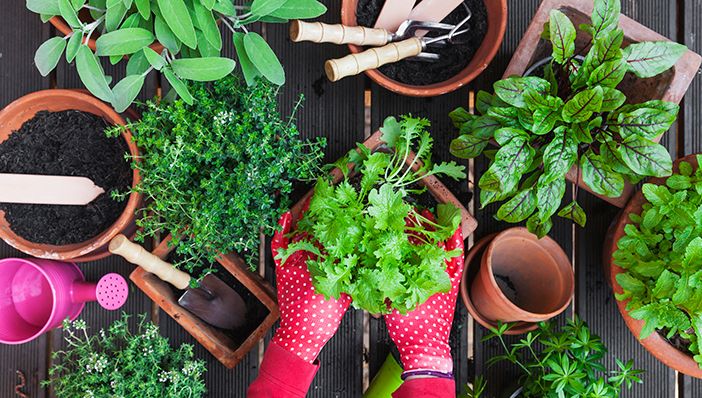
Frequently Asked Questions
How do you make medicinal herbs?
There are many different methods to make herbs into medicinal products. The most common method is to dry the herbs in a warm, dark location before grinding them into a powder or extracting their essential oils. This can be accomplished by hanging herbs upside down in bunches, laying herbs on a drying screen, or using a food dehydrator.
Once dried and ground, herbs can be stored in airtight containers for future use. Other herbs may require special preparation, such as infusing herbs into oil or vinegar, making tinctures with alcohol, or distilling herbs to create essential oils.
Learning the correct techniques for preparing herbs can help ensure that they retain their medicinal properties and potency for optimal health benefits. Using fresh herbs is usually best, but herbs can also be grown in a pot or garden and harvested when they are mature. Herbs can be purchased at health food stores, online retailers, and specialty shops.
No matter where herbs come from, the preparation techniques remain the same; drying herbs in a warm location followed by grinding or extracting the essential oils. You can make your medicinal herbs with the right herbs and preparation techniques.
When making herbal preparations, it is essential to remember that herbs can vary in potency, so always dilute herbs before use or follow the directions on any product label. Additionally, herbs are best used fresh, as many of their beneficial components degrade over time.
Following safety guidelines and paying attention to the potency of herbs can help ensure that you get the most benefit from your herbs. With a bit of practice and preparation, anyone can make therapeutic herbs with medicinal properties. Remember that herbs should never replace any medical advice or treatments prescribed by a doctor. Always consult a licensed healthcare professional before using herbs medicinally.
What is the difference between basil and oregano?
Both of these herbs belong to the Lamiaceae family. They share similar flavors, but the differences are obvious.
Oregano is more pungent than basil. It also adds an extra layer of flavor to foods.
Basil leaves are smaller than oregano leaves. They are also softer and less aromatic.
The two herbs are often used interchangeably. Although they are quite similar, each has its distinctive qualities.
Which herbs are healing herbs?
If you look for healing herbs, you won’t find them in the supermarket. There isn’t any place to buy them. There is no store selling them.
You haven’t been able to find healing herbs because they aren’t sold anywhere. They are grown right here in our backyard.
Healing herbs are plants that grow naturally in North America. Like many common household items, these herbs grow throughout the United States and Canada.
These herbs treat minor ailments such as colds, flu, sore throats, coughs, and headaches. Many of these herbs have been used for centuries to help heal wounds and promote overall health.
Of course, when we say “heal,” we mean more than simply treating an illness. We also refer to the ability of these herbs to restore balance and harmony within ourselves and the world around us.
For example, the chamomile herb helps relieve stress. This means that if you feel stressed out, you may benefit from taking chamomile tea. Chamomile tea has been shown to reduce anxiety and nervous tension.
In addition, chamomile tea has been proven effective in relieving insomnia.
Chamomile tea has many other benefits, including its ability to ease stomach aches and gas pains and even improve digestion.
Another popular healing herb is Echinacea. Echinacea is known for helping to fight infections and boosting the immune system.
Echinacea is commonly taken internally and externally to fight infection, prevent viral diseases, and boost immunity. It is safe to use during pregnancy and lactation.
Echinacea also helps reduce muscle pain and inflammation. You can take echinacea orally or topically (as an ointment).
This herb is available in both liquid and capsule form. Liquid echinacea is often mixed with honey and lemon juice. The mixture is then strained and consumed.
Capsules are usually made of freeze-dried plant material. They contain standardized amounts of active ingredients. To use capsules, swallow one or two a day.
The third type of herbal remedy is called tincture. Tinctures are alcoholic extracts of herbs. They are typically used to treat internal problems. Tinctures are generally diluted before being ingested.
Tinctures can be taken orally or applied topically. For oral consumption, dilute tinctures with water. Some people prefer to mix tinctures with food.
Tinctures are easy to prepare. Put about one tablespoon of dried herb into a bottle containing enough alcohol to cover the herb completely. Allow the mixture to sit for several weeks. Then strain and consume.
You may want to try some of these natural remedies to see which ones work best.
How to make herbal remedies at home?
Making herbal remedies at home is easy. All you need is fresh herbs, water, salt, and sugar. You can use any herb, depending on what you want to create.
For example, choose mint, basil, chamomile, or lemon balm to make a soothing tea. If you want to make a cooling drink, try rosemary, thyme, lavender, or eucalyptus.
All you need to do is put all the ingredients into a pot and boil them until they become soft. Strain out the herbs and serve hot.
Add honey to the boiling mixture to make a tonic drink. Honey is a preservative and will keep your herbal remedy fresh for longer.
You can also combine two or three herbs to make a more potent brew. For instance, you could mix equal parts of garlic and ginger to make a powerful antiseptic. Or you can combine equal amounts of turmeric and ginger to make a potent immune booster.
Soak a clean cloth in warm water and place it over the affected area to make a compress. Leave it for 10 minutes before removing it. Do this every day until the swelling goes down.
Make sure you consult your doctor first before using herbal remedies. Some plants may interact negatively with other medications. Also, don't take large quantities of herbs because they can cause side effects.
What herb heals all wounds?
The answer to this question varies depending on the type and severity of the wound.
The herb comfrey (also known as knitbone) has long been used for its healing properties, particularly for skin injuries such as cuts and bruises.
Studies suggest that comfrey contains allantoin, which helps speed up healing. Other herbs commonly used for healing wounds include calendula, plantain, and yarrow. These herbs help to reduce inflammation, stop bleeding and speed up the skin's healing process.
In addition to herbs, honey has also been found to have powerful antimicrobial properties that can help prevent wound infection.
Herbs for wound care is an age-old practice that continues to be used today. However, herbs should not replace medical treatment, and always consult your doctor before using herbs for healing. With the right herbs, you can give your body the support it needs to heal naturally.
Statistics
- The herbs market is highly competitive, with over 1,000 herb suppliers and over 15,000 herbs products available in the United States alone.
- The global herbs market is expected to reach more than $125 billion by the end of 2025.
External Links
[TAG25]
[TAG27]
- Peppermint oil (Mintoil®) in the treatment of irritable bowel syndrome: A prospective, double-blind placebo-controlled randomized trial
- Curcumin reverses the effects of chronic stress on behavior, the HPA axis, BDNF expression, and phosphorylation of CREB
[TAG30]
[TAG33]
How To
How do I know if my herbs have been treated with pesticides?
If you see a pesticide label on your herbs, the plants were sprayed with chemicals before being sold to you.
These chemicals harm human health and could cause cancer or other serious illnesses.
Unfortunately, this practice has become common around the globe. Many countries allow farmers to spray their crops with pesticides without proper regulation.
In order not to harm themselves, consumers should always ask about the source of their produce. If it comes from a farmer near you, it’s safe to assume it was not treated with pesticides.
However, there are still ways to ensure that your herbs are free from harmful chemicals.
However, if you want to ensure that your herbs aren’t contaminated, you can purchase organic herbs directly from the farm.
This way, you won’t need to worry about the safety of your herbs. You can trust that they weren’t exposed to harmful chemicals.
Resources:
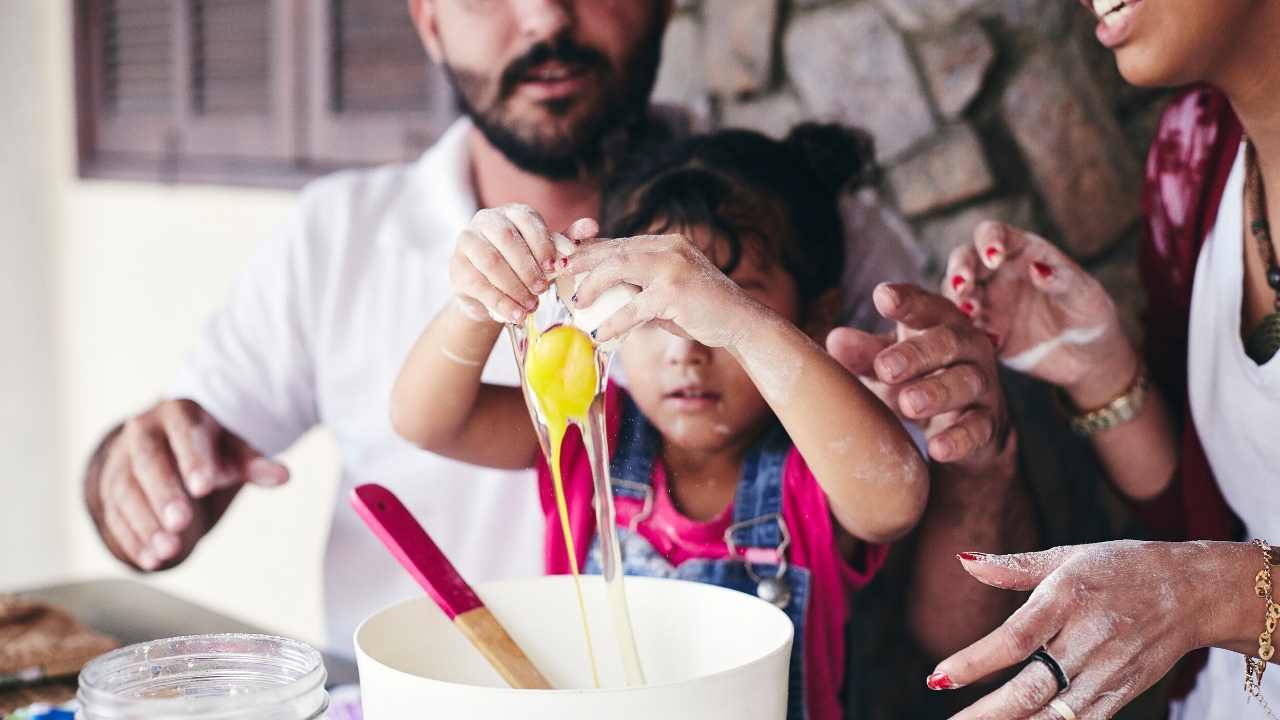 |
[TAG35]12 Herbs You Can Grow in Water! | How to Grow Herbs in Water Explore the wonderful world of water-based herb gardening in our informative video. Learn about |
 |
[TAG36]Do you have an abundance of fresh herbs in your garden right now?! Are the stems and leaves overflowing out of the sides of the bed? If that’s the case, |
 |
[TAG37]Hey Herbal Family! Here are all the books that I mentioned in the video The Encyclopedia of Herbal Medicine https://amzn.to/329FXJ5 Herbal Medicine |
 |
[TAG38]Make these homemade herbal stress relief capsules to naturally de-stress and relieve anxiety from a long day. Great for winding down at the end of the day and |
 |
[TAG39]Girl makes her own pillow using natural herbs - Alone & Off Grid in the Forest #taothiun #alone #offgirdliving #forest #farmbuilding #OffGrid The girl |
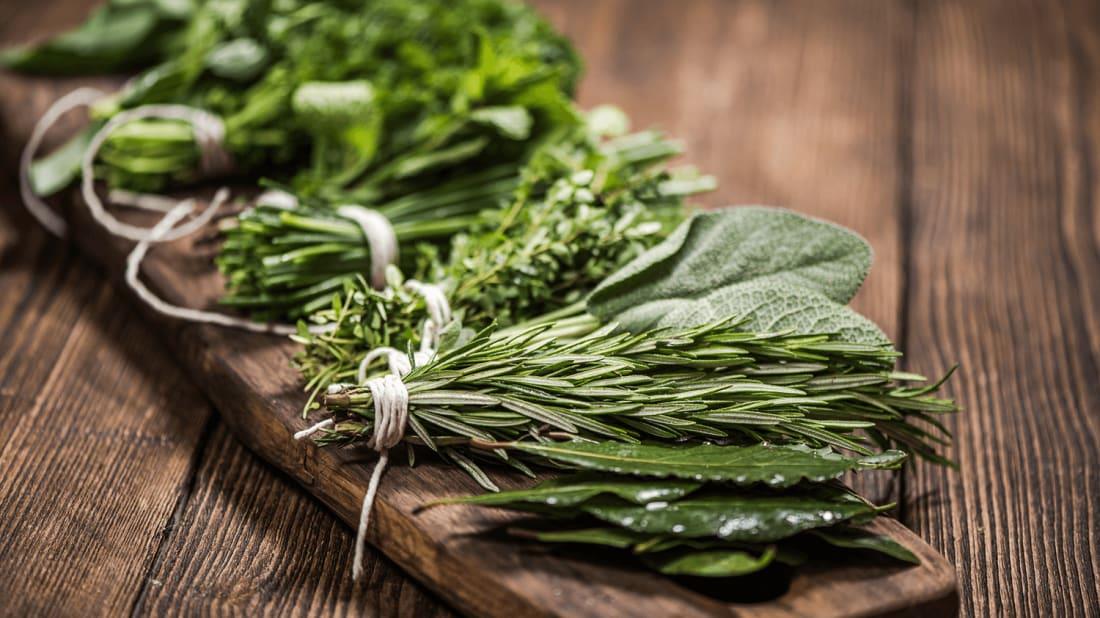 |
[TAG40]Learn herbs from respected professional herbalists offering world-class herbalist training. The NEW Professional Herbalist Course includes courses on over 600 |
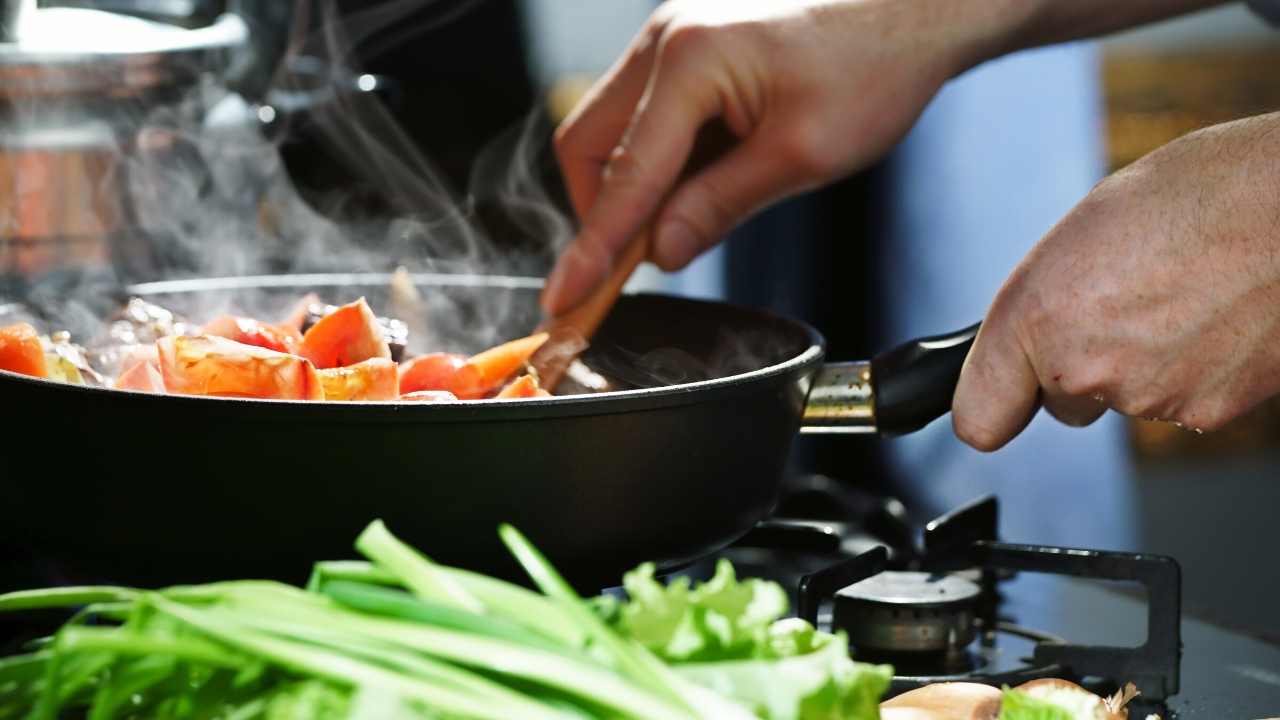 |
[TAG41]Collection of mini books you can find here: |
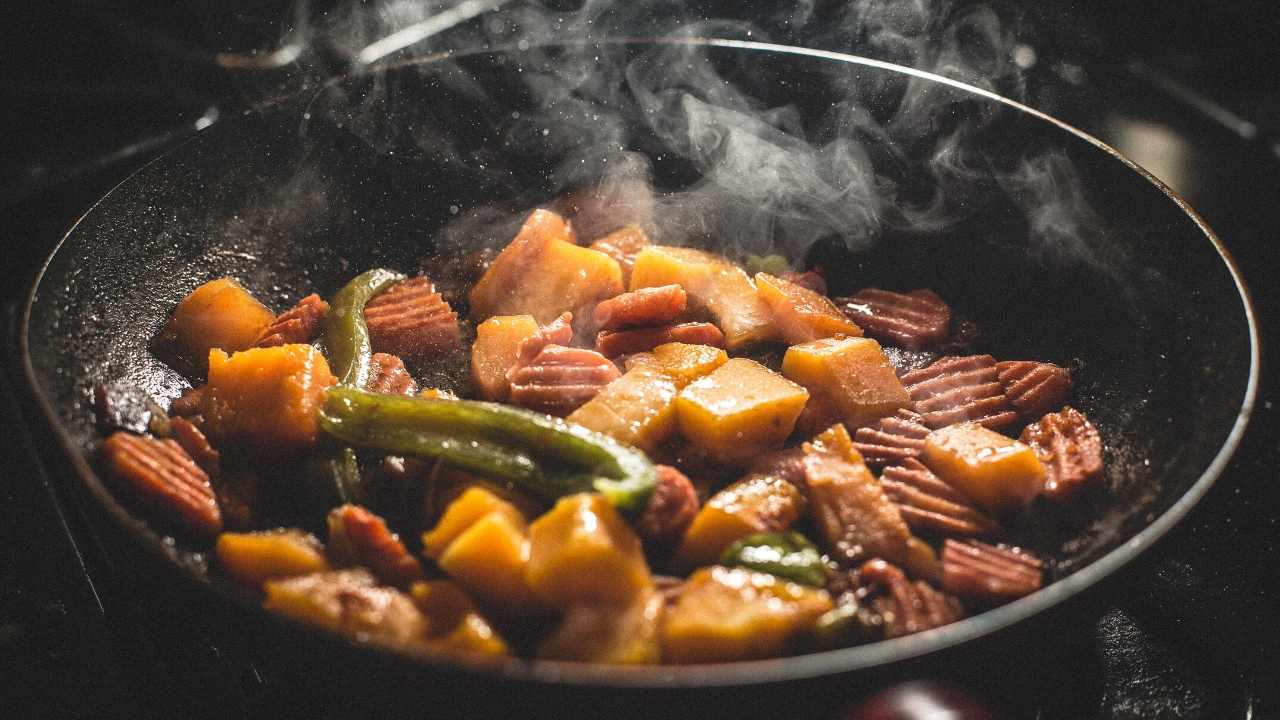 |
[TAG42]Unveiling the Powerful Benefits of Ashwagandha: Your Ultimate Guide to This Trendy Supplement! Supplements are everywhere these days, promising a wide range |
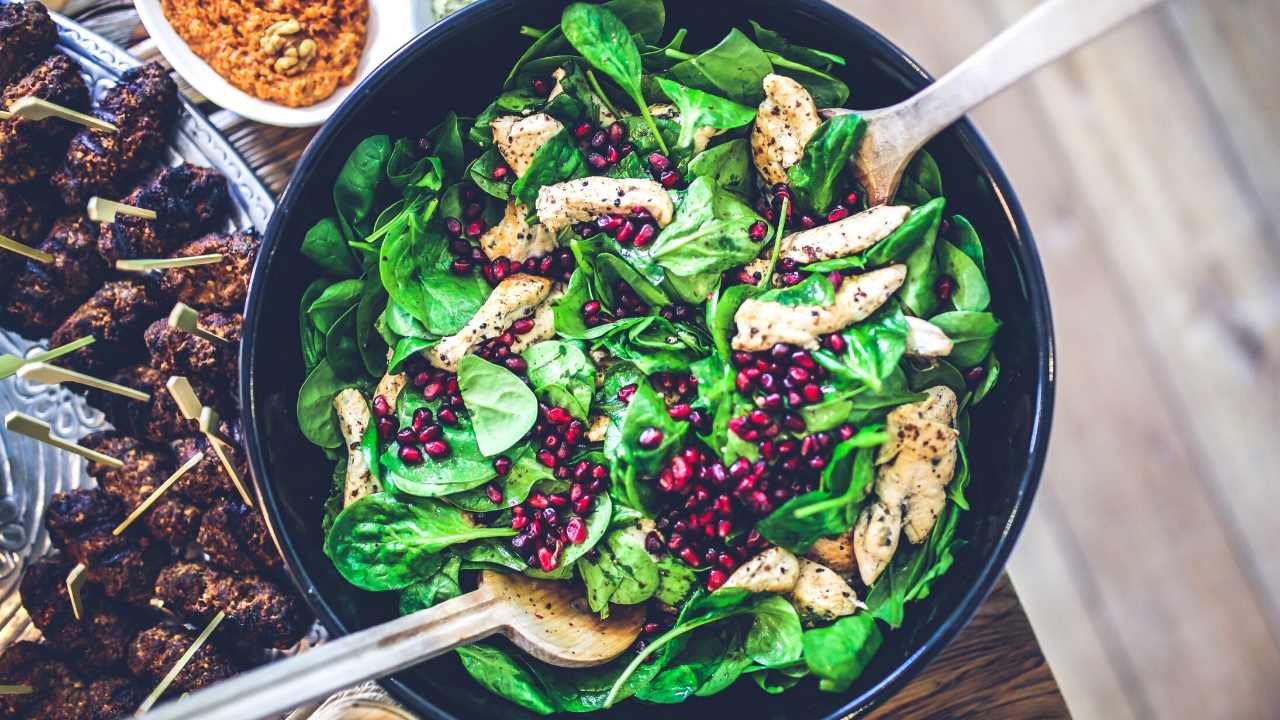 |
[TAG43]"Effortless Fruit and Vegetable Cutter: Slice & Dice Like a Pro!" #viral #reels #shorts #gadgets |
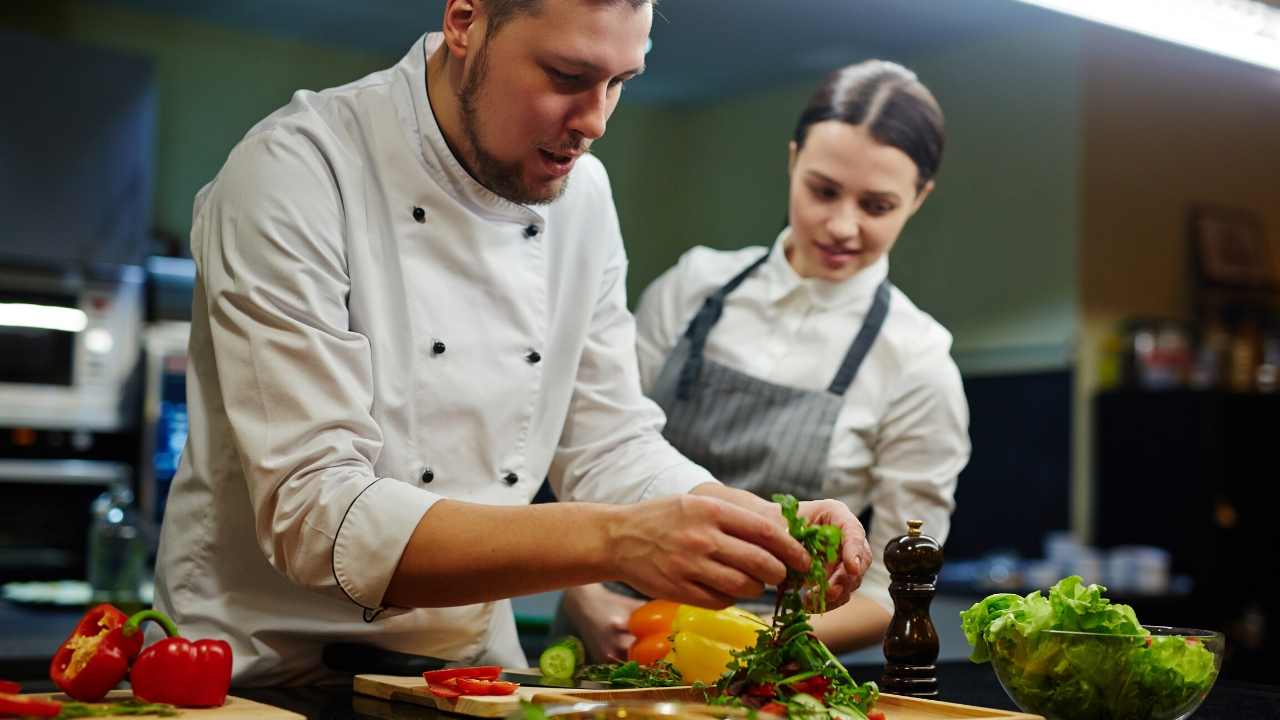 |
[TAG44]I went to a Traditional Chinese Medicine hospital in China. Real life in a Traditional Chinese Medicine surgery. I got sick and had to visit a herbal medicine |
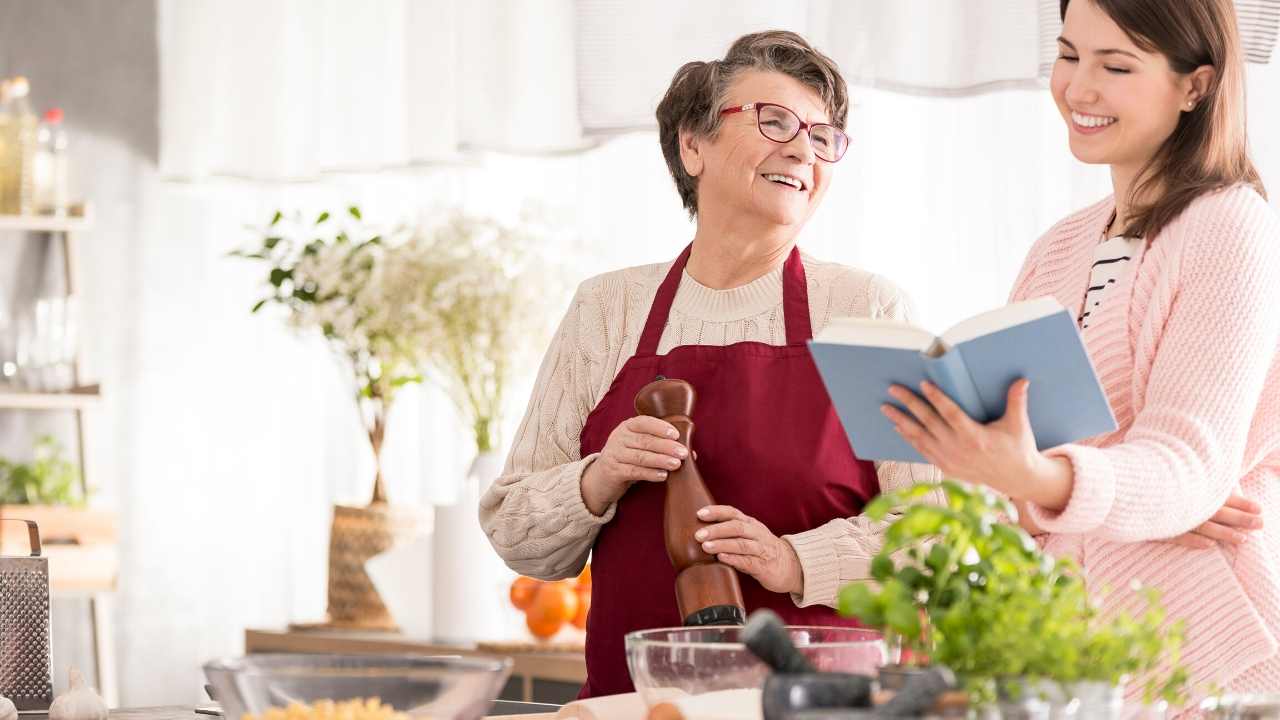 |
[TAG45]Written List: https://www.patreon.com/posts/63271789 NIH Article: https://www.ncbi.nlm.nih.gov […] |
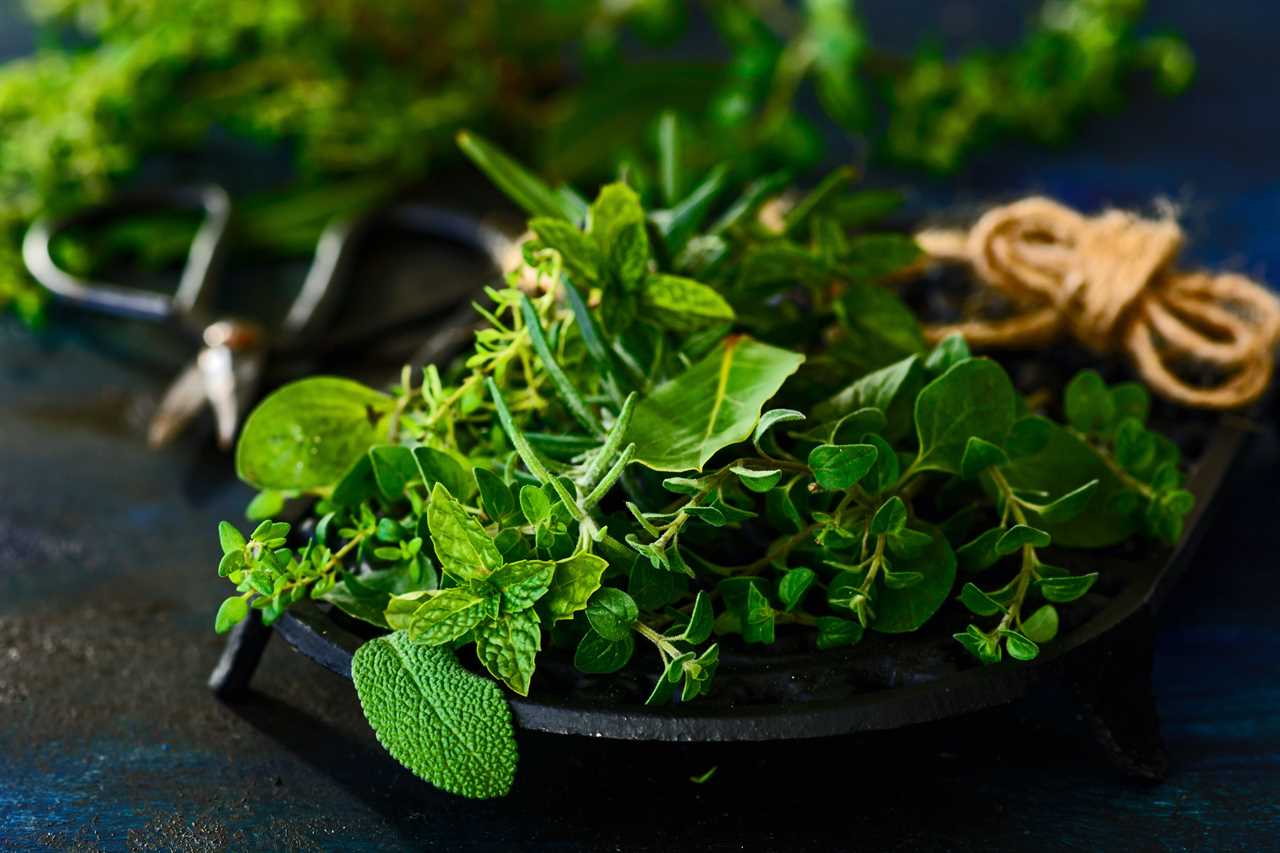 |
[TAG46]Find out more about herbs and how to use them |
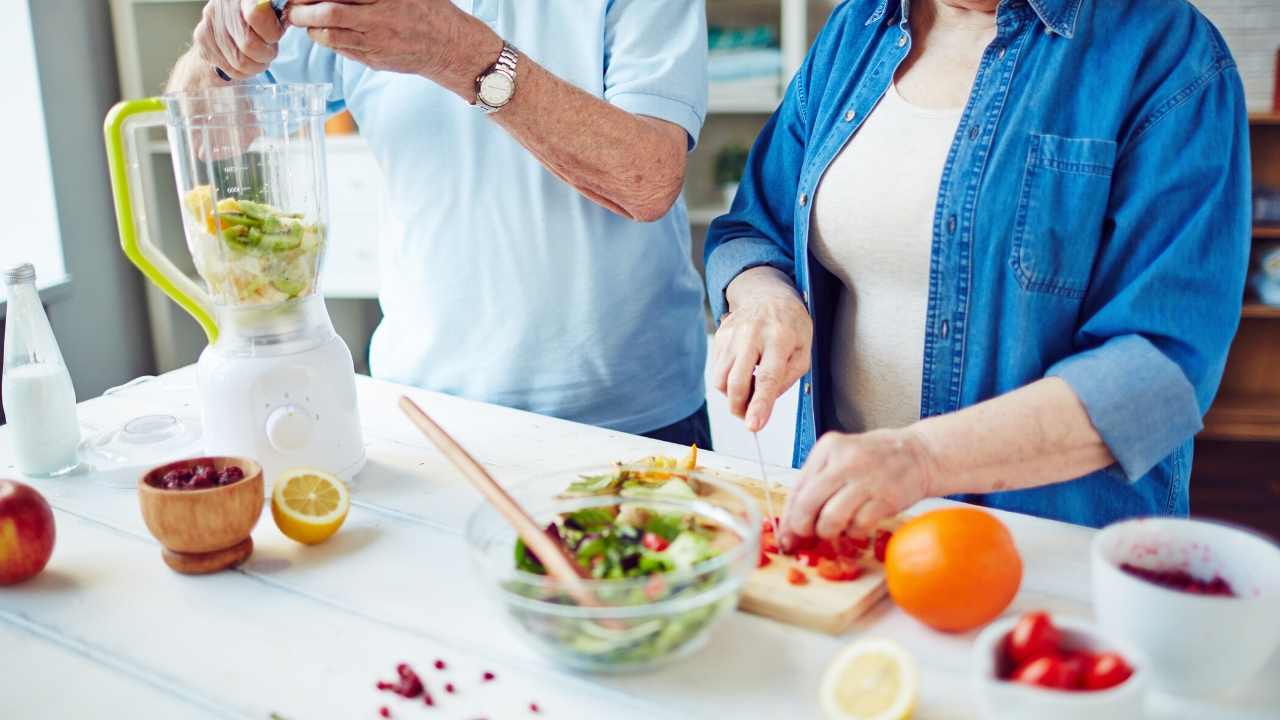 |
[TAG47]In this episode, you’ll learn all about holy basil benefits for your heart, immune system, brain health and so much more. And don't miss my new ebook! |
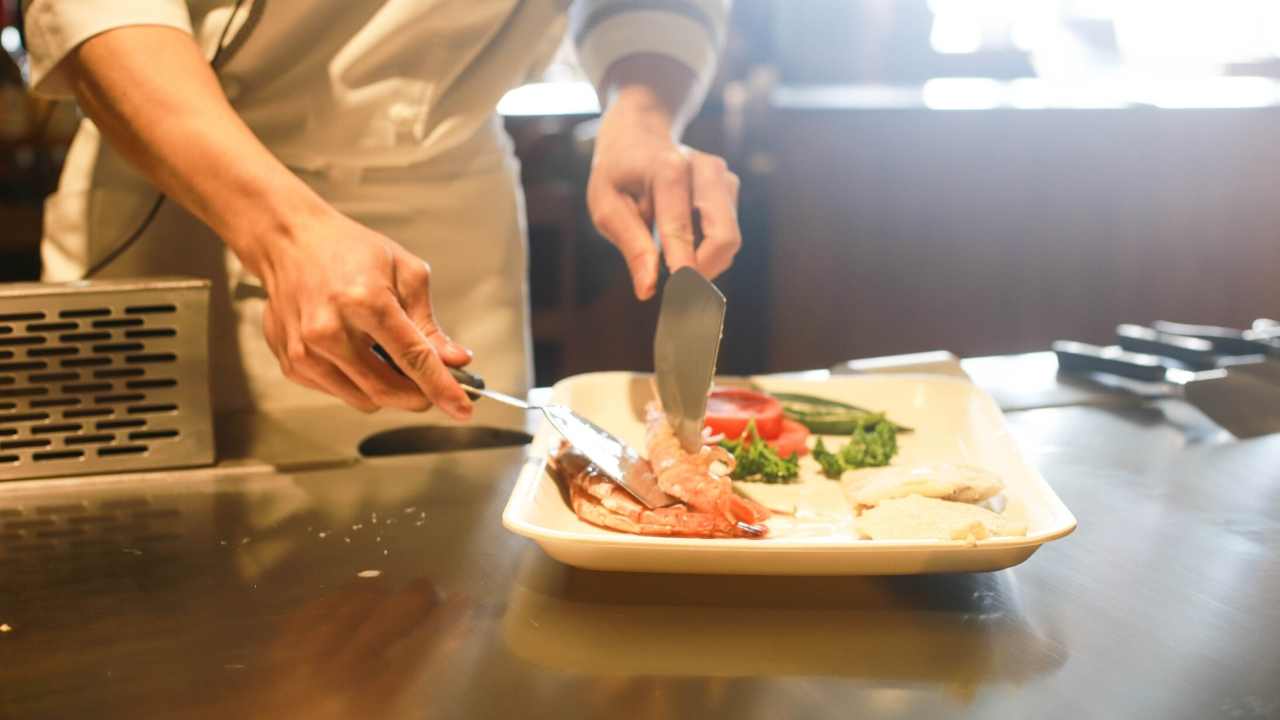 |
[TAG48]Many people know of cinnamon primarily for culinary uses, but it also has potential health benefits, such as blood sugar ... Read more |
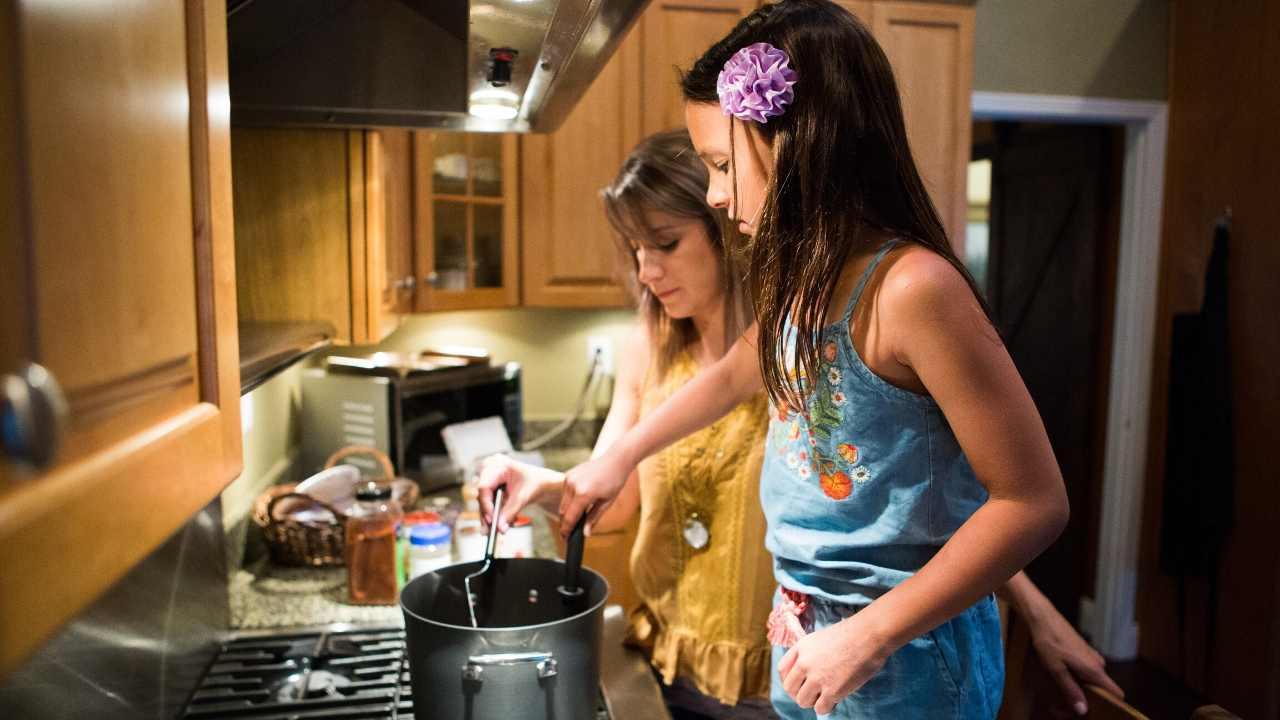 |
[TAG49]Raspberry leaf has a long traditional use in women’s health. In this article, we will discuss the health benefits of ... Read more |
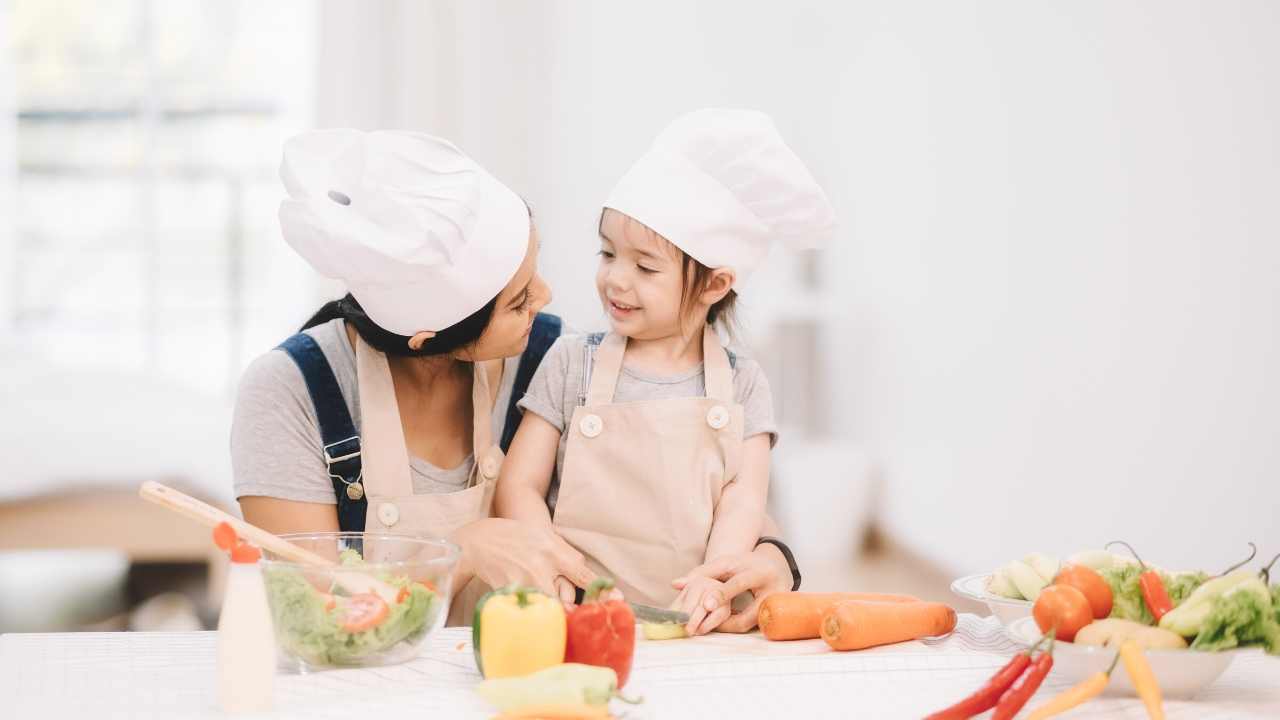 |
[TAG50]Have you considered exploring herbalism but aren’t sure where to start? Although herbalism is still gaining traction in the US, ... Read more |
 |
[TAG51]Boswellia is a very popular herb taken by people who want to reduce inflammation and pain. This aligns with boswellia’s ... Read more |
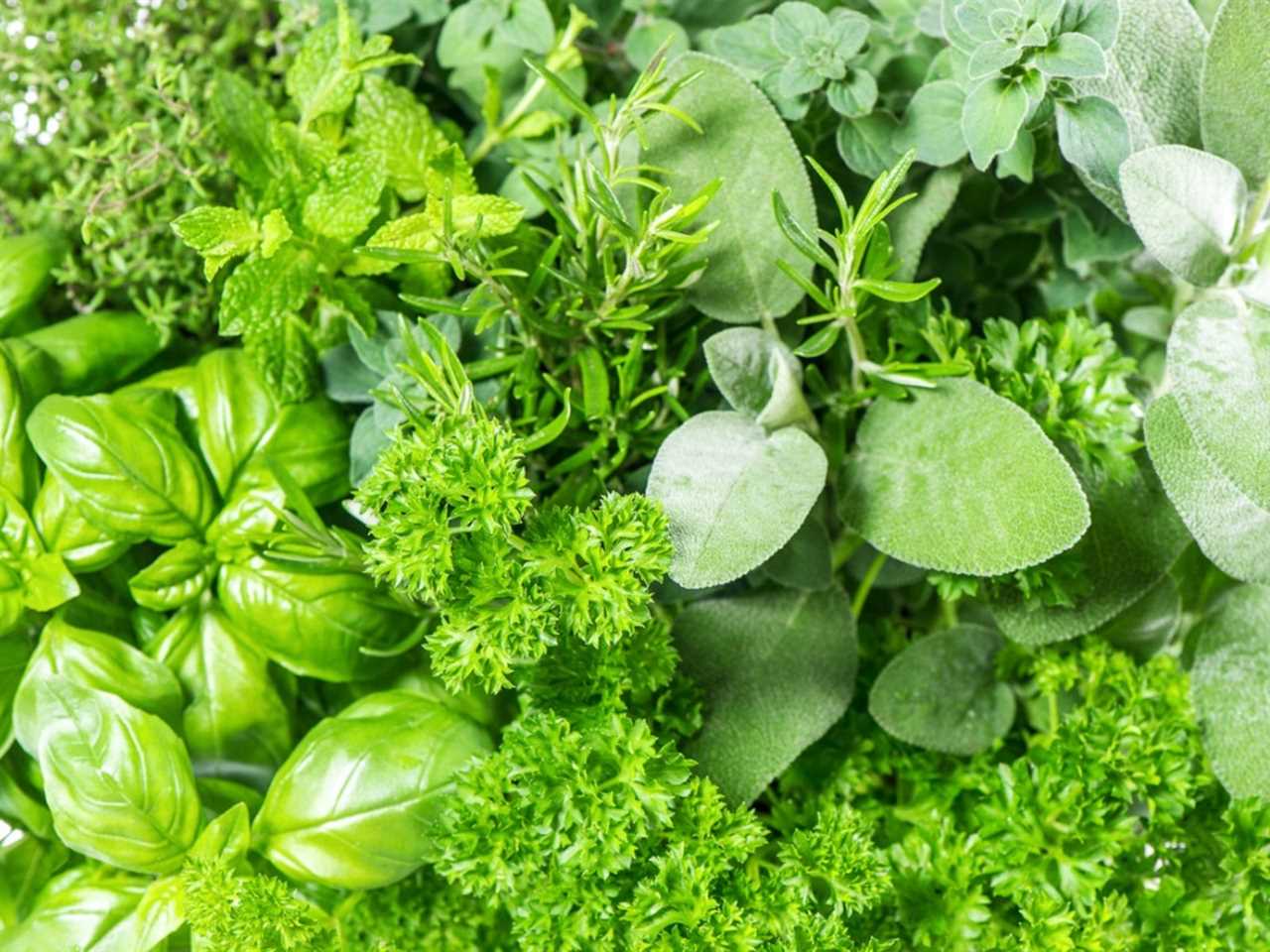 |
[TAG52]Like life, tea is what you make of it and The Cup of Life helps individuals enjoy tea in more than one way. Join me on my tea adventures through my blog! |
 |
[TAG53]The gifts of bee balm include promoting digestion, helping you recover from colds and the flu, fighting fungal and yeast infections… and many more! |
 |
[TAG54]Today, many people use maca supplements to supercharge sexual function, enhance energy, and improve brain function. And while research does ... Read more |
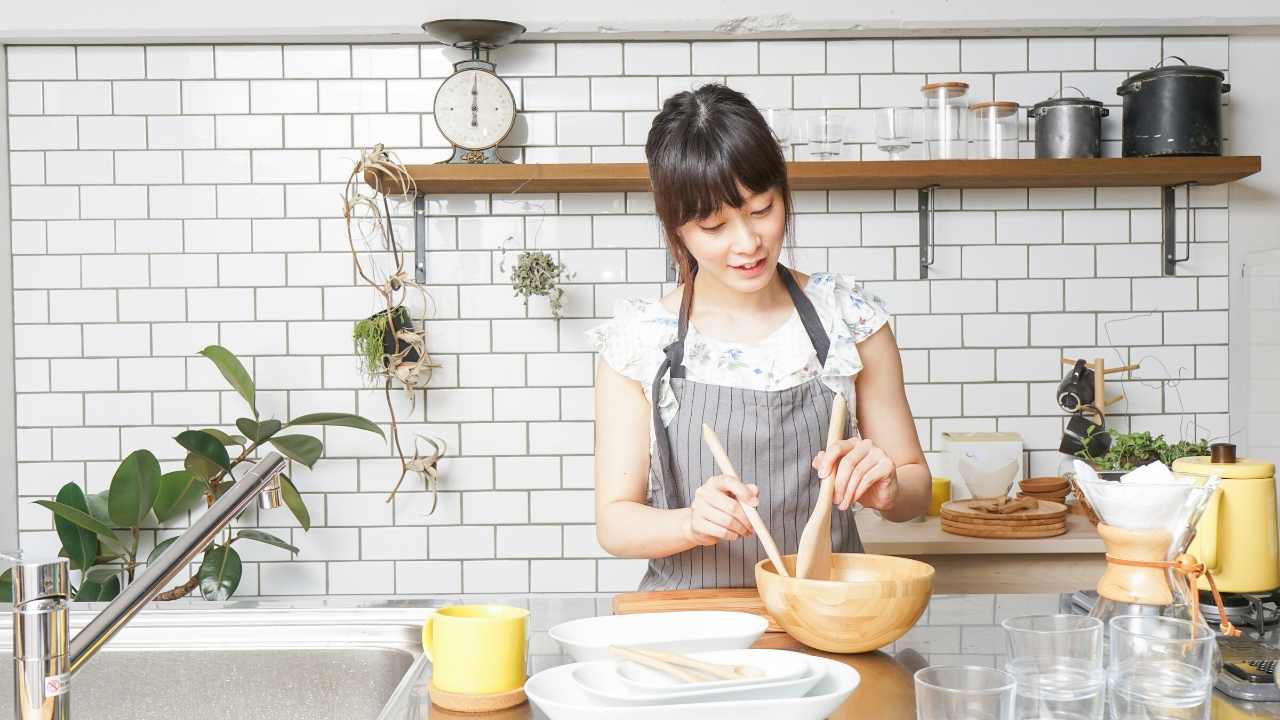 |
[TAG55]Find out how to make a marshmallow root tea recipe for the best marshmallow root benefits and experience one of our most healing and soothing medicinal herbs! |
 |
[TAG56]Reach for chamomile tea to soothe an upset tummy, to relieve stress and tension, and even to promote sleep! + How to avoid unwanted chamomile tea side effects |
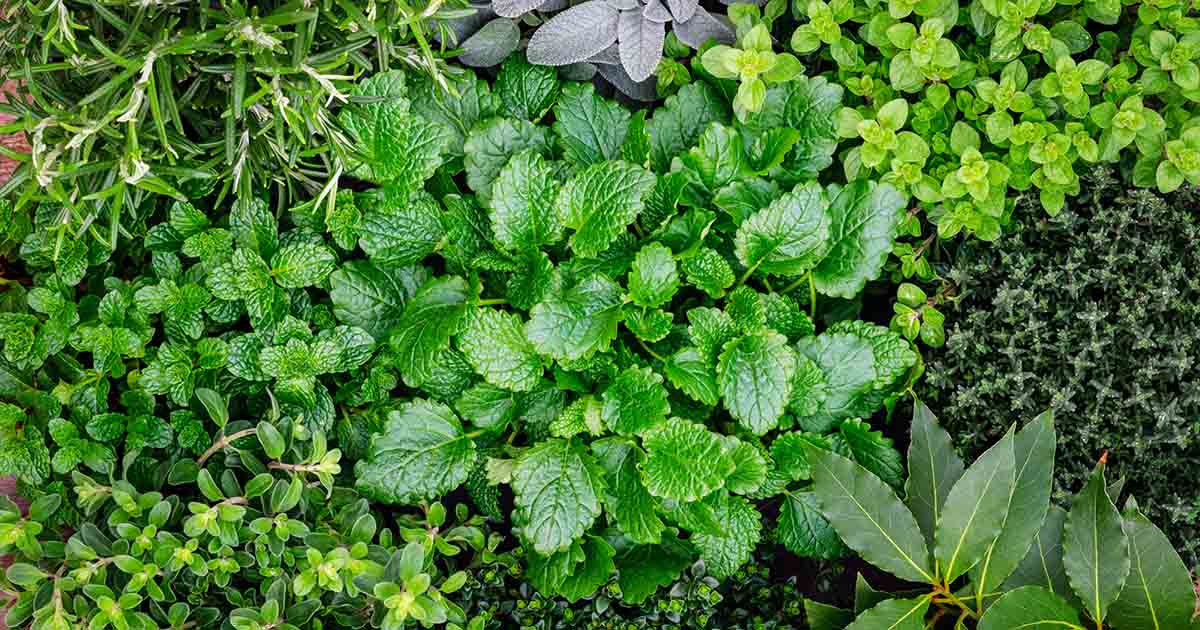 |
[TAG57]Join me in this new episode as I’m sharing my top 6 chamomile plant benefits PLUS I’m sharing a completely underrated remedy: a chamomile oil recipe. |
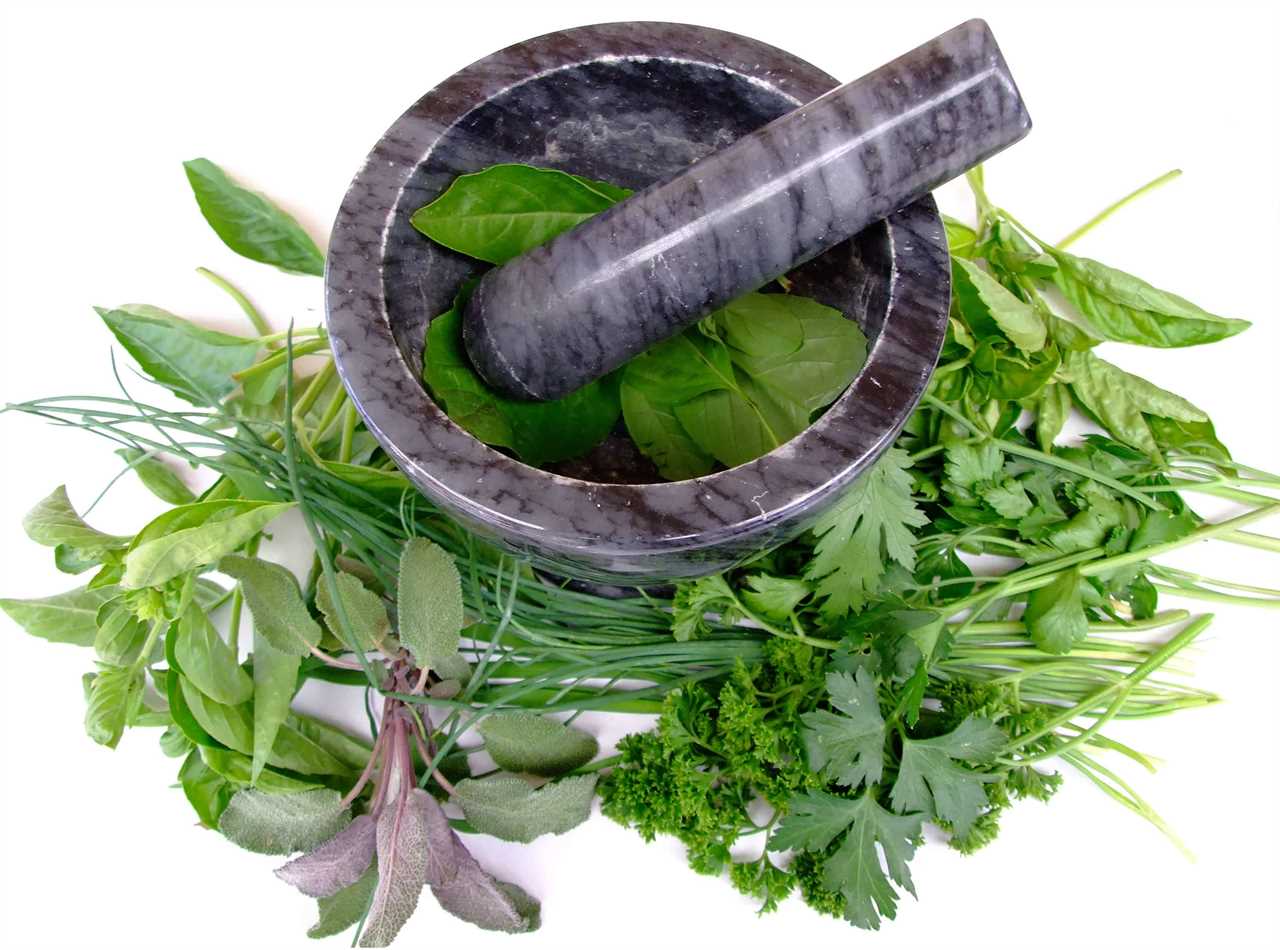 |
[TAG58]A tea assessment platform that rates teas based on objective quality markers and a sensory evaluation resulting in a list of the best teas produced each year. |
Did you miss our previous article...
https://belovedsaffron.com/herbs/get-unlimited-free-plants-with-this-propagation-method
.png)





